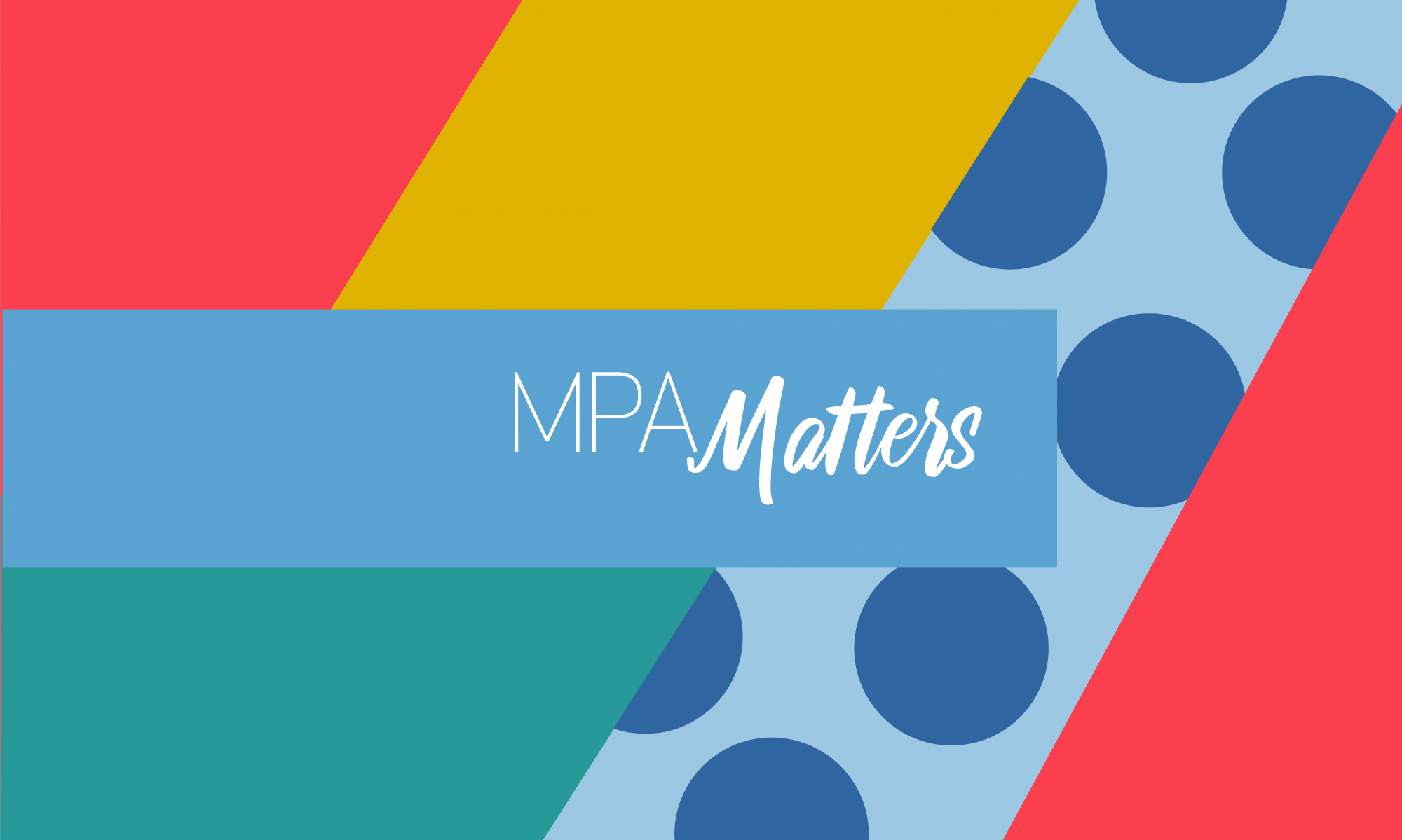This blog post was written by current MPA student Stephen Thompson.
———————————————————————————————-
Everyone I know is glued to their phones, getting updates about the situation in Ukraine. Personally, I check the news when I wake up, a couple times throughout the day, and before I go to sleep at night. Anything more than that would be paralyzing for me, and anything less than that would be anxiety inducing. It’s a delicate balance. Unfortunately, this is a strategy I’ve developed over the last few years of national and international crises. To some extent, having a personal strategy response to world-changing tragedies is a rite of passage for millennials. The School of Government actually hosts a microsite for NC Emergency Management professionals HERE. These days, it’s not hard to see how government interacts with our daily lives and abstract concepts of liberties, freedoms, and bureaucracy are part of the national lexicon, while billions of people across the United States look to public administrators to hear updates on mask mandates, international conflict, and everything in between. For better or for worse, this is the age of Public Administrators.
My article this week was going to be about Marriage Licenses; I’m getting married in a couple of weeks, but in light of current world affairs it felt trite, and frankly insensitive to ignore Russia’s attack on Ukraine to discuss the idiosyncrasies of Record of Deeds offices in different counties, and whether the issuance of marriage licenses was an intrusion into citizen’s lives or a reasonable regulation of federal tax policy. Strangely it doesn’t seem relevant. Americans have the most access to news—local, national, and international today than at any point in history. News is so ubiquitous that an entire subgenre of comedy has been dedicated to lampooning it [The Daily Show, Samantha B, Last Week Tonight, the list goes on…]. And while yes, the news has always been a source of material for comedians through impressions of politicians and hot takes of current events, this subgenre seems to subvert the punchline and just give updates on global events in a humorous, or even just palatable way. Some studies actually suggest that more and more young adults [that’s not us anymore, millennials] are becoming informed of news events through satire news programming. Honestly, I’m not sure I’m concerned about that.
Society, at least American society, has so well-defined civic service that there are several archetypes of just public servants in our collective consciousness. Whether it’s the sleazy politician, or the “make a difference in my community” council members or even the DMV Sloth from Zootopia (psss, that’s a public administrator), most of us can think of what a few different types of public servants look like. I think it’s good that these roles are so visible they’ve become fodder for humor. Likewise, I think it’s good that there are so many streams of information available—one of which has become a self-referential parody of itself, which now, in it of itself provides the news to millions of Americans. And now at this moment, during the largest land war in Europe since World War II, it seems more relevant than ever that they are so present in our society. I don’t mean to imply we’ve achieved the epitome of Lyndon Johnson’s Great Society, or even that we’ve figured out the best method to evaluate government programs [psss it’s not Randomized Control Trials on consumers of public services]. We’ve got a long way to go, but what I do mean to say is this:
Our government is only as good as we make it. The more we put into it through electoral participation, political discourse, and even career administrating, the more we get out of it. It’s inspiring to me that we as a nation are so plugged into current events far and near that we’re developing new ways to digest that information, and that we have so many visible examples of public servants [some more flattering than others] in our entertainment sphere. This doesn’t illustrate the difference between Russian and American politics, or even begin to unpack the damage done to public institutions by western European oligarchs [or American ones for that matter], but during times like this, it’s hard not to appreciate the progress we’ve made. Today the world stands with Ukraine, and American Public Administrators are the ones that deliver that message of support. –And that is why I was drawn to public administration, to help do the things we all know need to be done.

